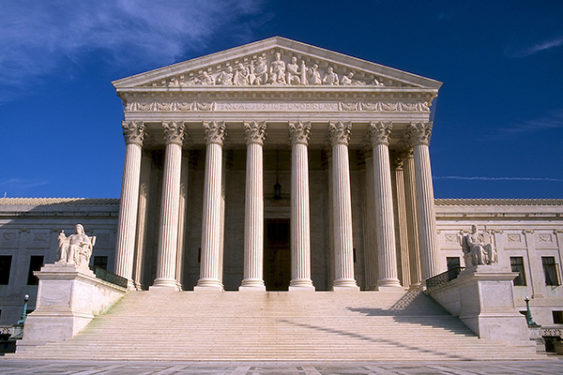
The Tablet Staff
When the Supreme Court’s new term begins in October, it will review Espinoza v. Montana Department of Revenue, a 2018 case in which the state’s highest court ruled that a tax-credit program for donations to fund scholarships to private schools isn’t constitutional because it supports religious schools.
The Supreme Court will seek to determine if Montana’s tax-credit program violates the First Amendment.
The tax credit program was passed into law in 2015 to assist students wishing to attend a private secular or religious school. According to the Associated Press, over 90 percent of private schools in Montana that benefited from the scholarships are religious.
The ruling from Montana’s state supreme court effectively barred the tax-exemption program, making both religious and secular schools ineligible for the program, the AP reported.
The Montana Supreme Court stated that the state’s program violated the Constitution’s Establishment Clause and that to “indirectly pay tuition at private, religiously affiliated schools” violates Montana’s Blaine Amendment, which bars tax-credit scholarships from going to religious schools, according to reports.
“States cannot base laws on hostility to religion. Likewise, no provision of Montana’s constitution can enshrine hostility to religion into state law. We commend the Supreme Court for taking this case,” John Bursch, a lawyer for the Alliance Defending Freedom, said, according to Catholic News Agency.
